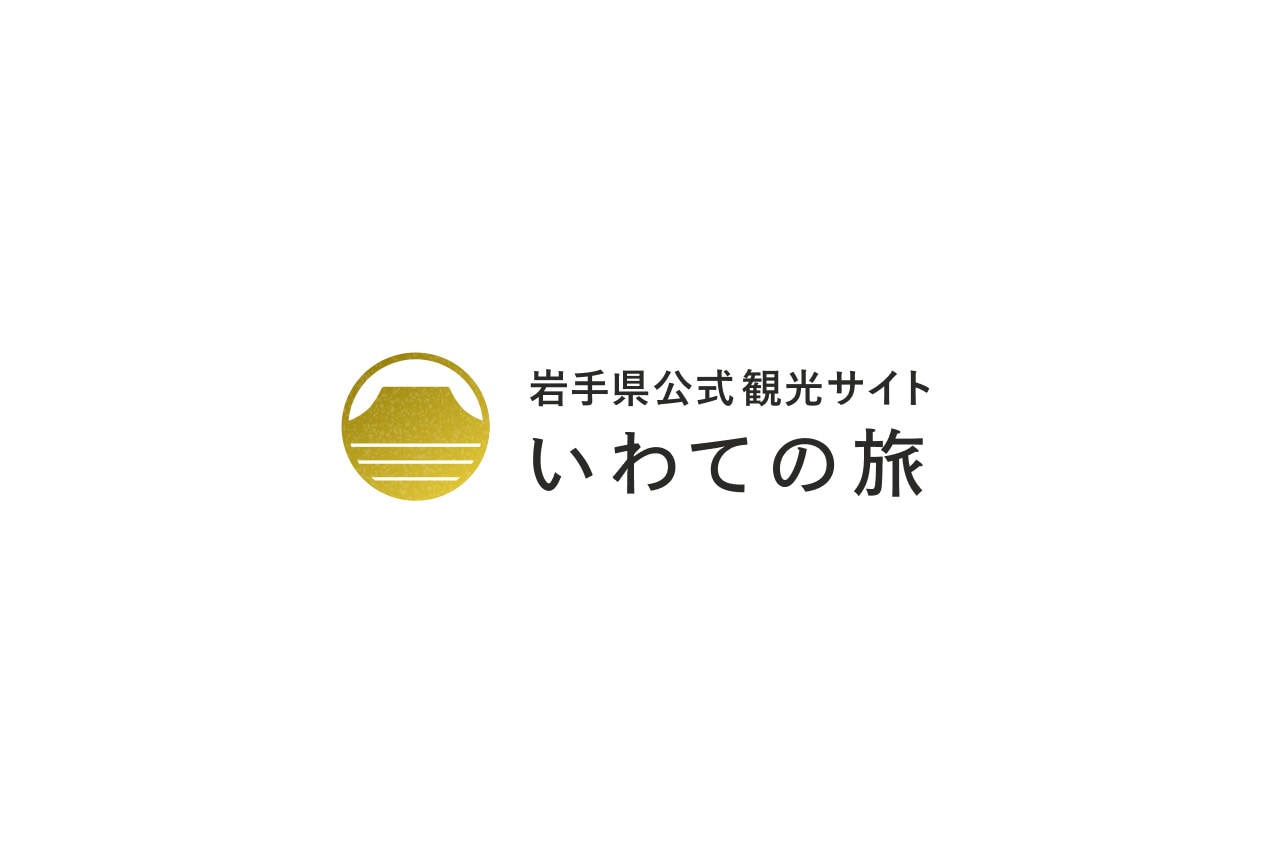The existence of livestock plays a huge role in understanding the human and natural environment. We will consider the history of livestock supporting human life and culture through the use of milk, meat, leather, etc. In order to tailor the experience to your needs, please let us know about the number of people, date and time, school year, etc. about one month before the experience.
basic information
Access: 7 minutes by car from JR Maezawa Station, 5 minutes by car from Hiraizumi Maezawa IC
Contact: Oshu City Beef Museum (103-1 Minamijinba, Maezawa, Oshu City)
Phone number: 0197-56-7666
FAX:0197-56-6264
Homepage: http://www.isop.ne.jp/atrui/mhaku.html
Experience menu
| Experience menu | Content | period | Number of people | Time required | Fee |
| Let’s make butter from fresh cream! | Sprinkle some fresh cream, make butter, and try it with bread or crackers. We will use panels to explain in an easy-to-understand manner how butter is made and how milk is used around the world. | All year round | 10-20 people | 1 hour and a half | 300 yen |
|
Learning effect: You can learn the wisdom of food processing that humans have created while living with livestock. Message to the teacher…By experiencing making butter by extracting fat from milk, you can visually grasp the nutrition in food. They also get to sample the butter they made themselves, so what they learn leaves a lasting impression on them. |
|||||
| Meiji era ice cream restoration | Based on the cooking novel “Kuidoraku” published in the Meiji period, we will recreate the ice cream (ice milk) from that time and compare it with modern ice cream. | All year round | Experience only for 10 to 20 people inside the building | 2 hours | 500 yen |
|
Learning effect: You will be able to experience the Meiji era, when culture and values diversified due to civilization and enlightenment, from a familiar perspective of the use of milk. Message to the teacher…Not only can you learn the wisdom of food processing, but it is also a recommended experience when learning about the Meiji era. |
|||||
| easy! leather strap making | We create a one-of-a-kind original strap by stamping letters and patterns on the cowhide leather. We will explain that not only meat and milk, but also horns and leather are processed and used in everyday life. | All year round | 10-24 people | half an hour | 100 yen |
|
Learning effect: Through a simple leather processing experience, students will realize that leather products are widely used in daily life, and expand their interest in the wide range of uses of leather and the production process. Message to teachers: You can make a full-fledged strap with a free design, so you can easily enjoy crafting. |
|||||
| Making ancient cheese “so” | We will recreate the dairy product “so” eaten in ancient Japan and consider the history of milk use. Warm the milk and collect the milk skin. | All year round | For 4th grade elementary school students and above 10-20 people per session | 2 hours | 300 yen |
|
Learning effect: You will learn that continental dairy processing technology was introduced to ancient Japan through the Silk Road. Message to the teacher…You can learn about the surprising lives of ancient aristocrats. It’s a warm experience in a clay pot, so please use it for winter events and learning. |
|||||
| Let’s make paper from cow poop! | The fibers of sterilized cow dung are collected and hardened in a wooden frame to make paper. Explain that a cow’s digestive system breaks down grass fibers into small pieces and converts them into nutrients. | All year round | 10-40 people | 2 hours | 300 yen |
|
Learning effects: Through experience, you can learn about the workings of the digestive system and the role of livestock dung used in rice production. Message to teachers: This is a recommended experience for introducing rice cultivation learning. |
|||||




